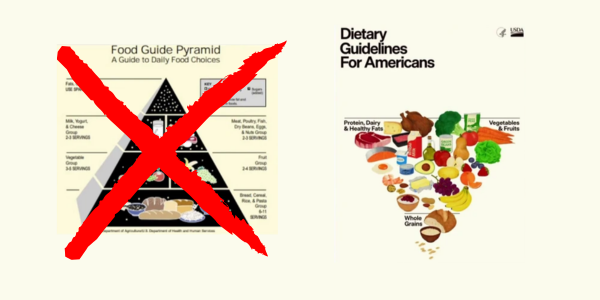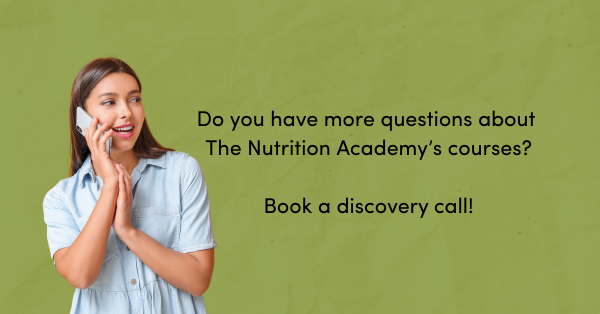



Perspectives on Health and Aging
Researchers at Queensland University are making strides in improving quality of life and preventing diseases like Alzheimer’s. They’ve uncovered the molecular secrets of aging in cells, shifting the perspective from randomness to predictability. Let’s pause here. I’d like to share how I view the body versus how scientists do. Neither perspective is right or wrong; it’s just different.
As a vitalist, I believe the body has an innate intelligence. With the right resources and ingredients, it can thrive and live energetically into old age. My studies in anthropology have shown me the importance of culture and tradition in teaching us about diet, sleep, movement, connection, sunshine, and more. These elements are crucial for the survival and perpetuation of our species.
When we stop interfering with the body’s innate intelligence, it knows exactly what to do to stay healthy and energetic. I don’t believe anything the body does is random; there’s always a reason. For example, insulin resistance occurs naturally when saturated fats and carbohydrates are consumed together, converting sugar to triglycerides for storage. This enables the human species to survive from feast to famine. The issue arises when insulin resistance becomes chronic due to modern eating habits, leading to metabolic diseases.
Science views the body mechanistically, breaking it into components and seeing it as a machine. This perspective has been invaluable for understanding bodily functions like blood pressure, heart and digestive system operations, and biochemistry. However, seeing the body as a machine leads to treatments involving medication and organ removal. While this is beneficial in emergencies, a lifetime of medications can have serious ramifications.
Back to the Researchers at UQ
Scientists have identified a master controller for aging called Activator Protein 1 (AP-1). AP-1 turns genes on and off and is progressively activated in adult genes while dialled down in early life genes. This process, now seen as predictable across life stages, is activated by inflammation, stress, and a specific protein that increases with age.
Interestingly, diseases like Alzheimer’s and metabolic liver disorders, associated with old age, were almost non-existent a century ago. These are modern diseases. Despite this, researchers focus on drugs to reduce AP-1 activity rather than diet and lifestyle factors.
The Role of Epigenetics, Nutrigenomics, and Exposomics
Epigenetics studies changes in DNA without altering the sequence. It shows how lifestyle factors like exercise, diet, and sleep can turn genes on and off. Nutrigenomics looks at how nutrients interact with our genome, influencing health. The exposome measures all exposures throughout an individual’s life, affecting health.
By understanding these fields, we see that the healthiest lifestyle aligns with natural laws. These principles, passed down through culture and tradition, are now supported by scientific evidence.
While finding a drug to stop aging sounds appealing, it addresses only a specific biochemical pathway. Medications often have side effects, impacting various metabolic pathways and causing additional health issues.
A Vitalistic Lifestyle in Practice
I follow these principles and enjoy a vibrant, disease-free life at 64. My daily routine includes biking to the beach, breath exercises, social interactions, grounding, cold exposure, and healthy eating. I participate in community activities, run a farm, and manage two businesses with plenty of energy.
I’ve never taken prescribed or over-the-counter medication in my life, and I’m not alone. Many others share this vitality by adhering to natural laws. At The Nutrition Academy, we teach these principles. It’s never too late to change. Curiosity and education are keys to transformation. As Einstein said, insanity is doing the same thing and expecting different results. Don’t be insane—educate yourself and discover how healthy you can be.




Do you have Doctor Merriment, Dr Sleep and Dr Diet in your life?

Learn how to read labels, understand sneaky ingredient terms, what to look for on packaging and more with our Introduction to Nutrition course. Enrol now!
↳ follow the link in our bio

Everything we do, think, feel and believe impacts our body in ways we don`t fully understand. How do you integrate body, mind and spirit in your life?

Isn`t it interesting, all of the terms we have for things that go on in the background of our lives? We don`t ever go `oh, our body is doing hormesis right now!`, instead it just happens in the background. Do you know any other fun terms like this that you know?

Nothing saves you money more than good health - put money in your pocket with The Nutrition Academy. Learn more about how to improve and nurture your health with our courses. Check them out online.
↳ follow the link in our bio

Valentine`s Day is approaching and if you don`t have a present for your loved one yet, consider making them a high-quality, healthy Valentine`s Day treat. Nothing is better than a delicious, healthy and luxurious treat.

This short clip is from Cyndi`s `Will Being Vegan Save the Planet?` and it`s an interesting look at the world of artificial foods. Should humans be eating that? Should dogs?

Looking to spend less time on social media but still want to keep up-to-date about what`s going on with The Nutrition Academy? Download passion.io in your app store and search for TNA Hub, then log in and keep up with us there!

What do you want to start doing now, to make a brand new, happier and healthier, ending?

Carotenoids are what makes your plate colourful and protect your cells from damage. They`re just one block of what makes up a healthy diet.

Change your life and the life of those you love with The Nutrition Academy.
↳ follow the link in our bio

If your 2026 goal includes eating more protein and/or eating healthier, make sure you know what you`re actually eating and how it affects your body.
